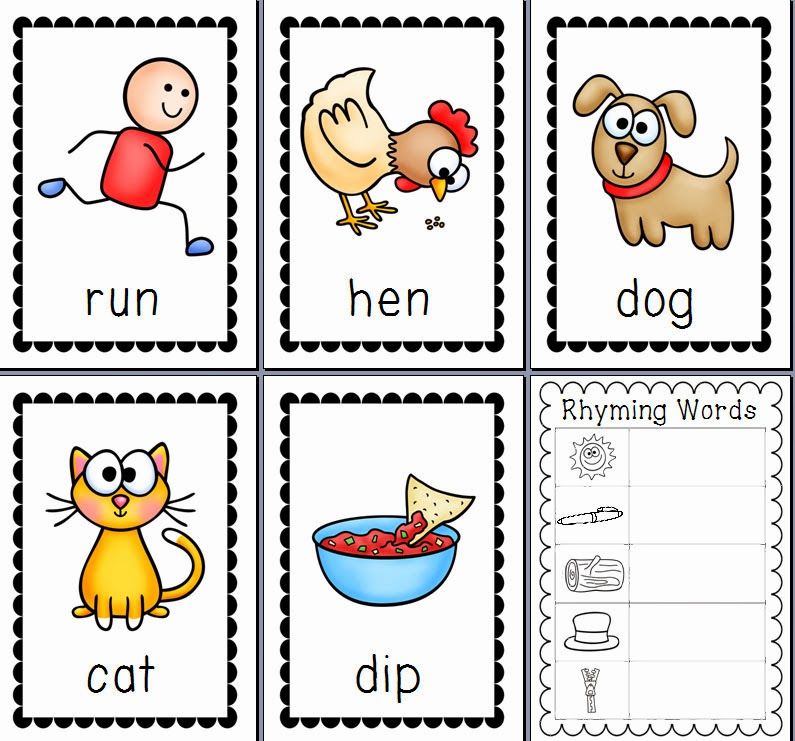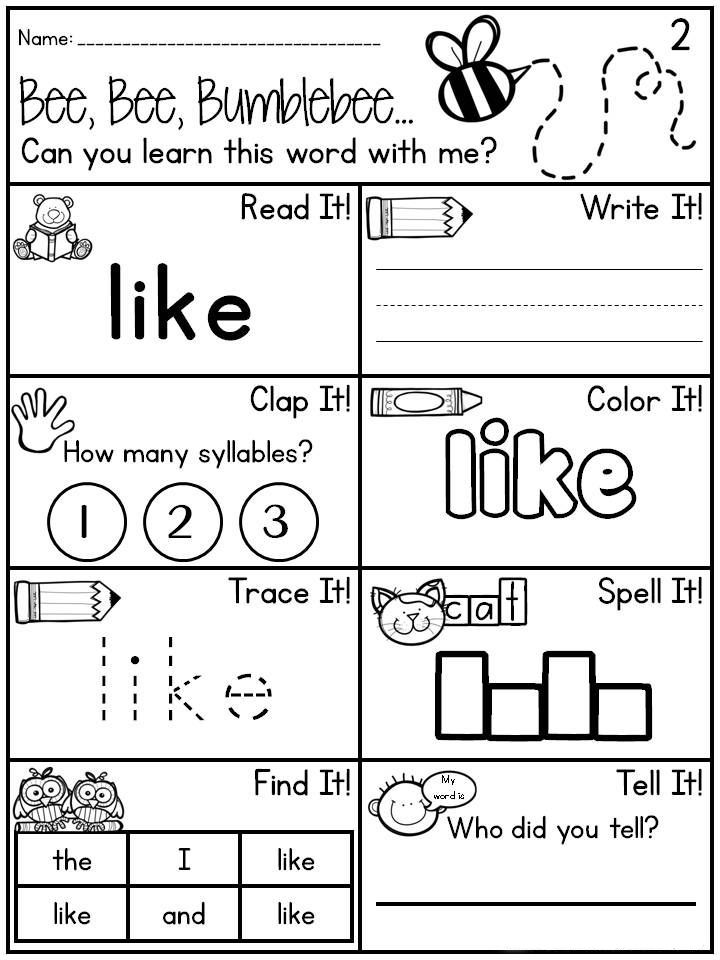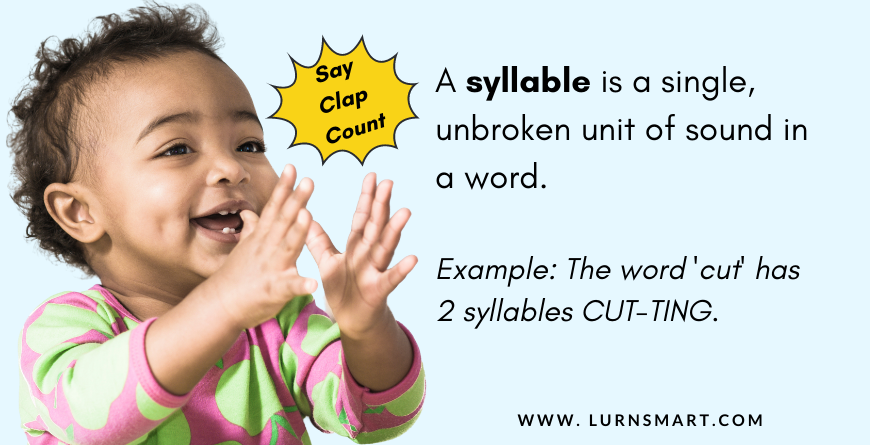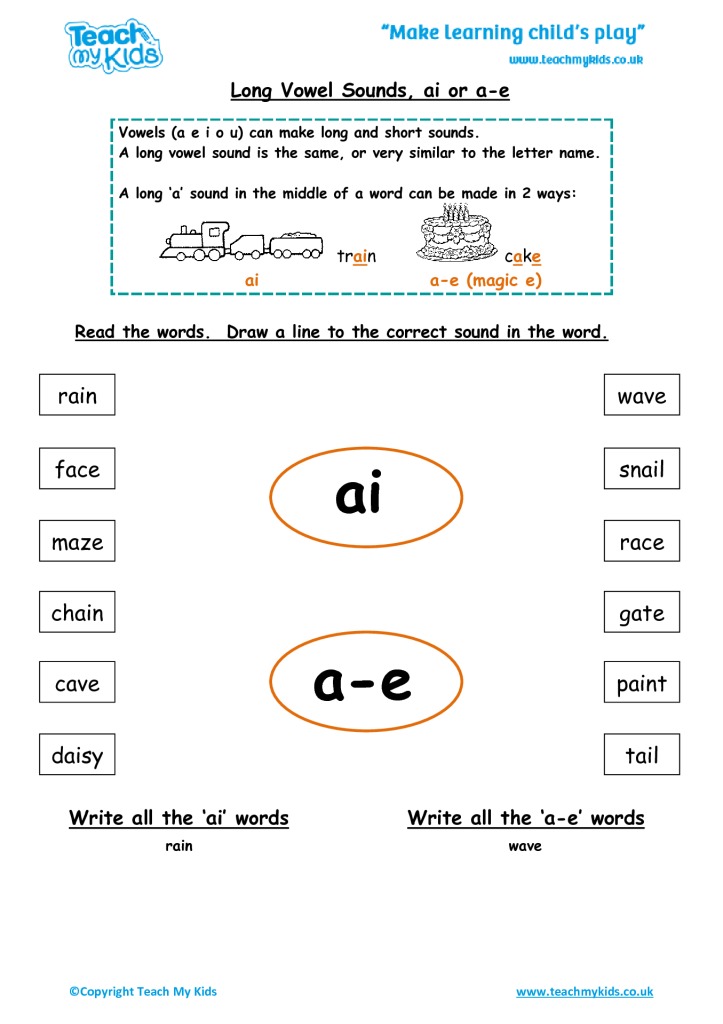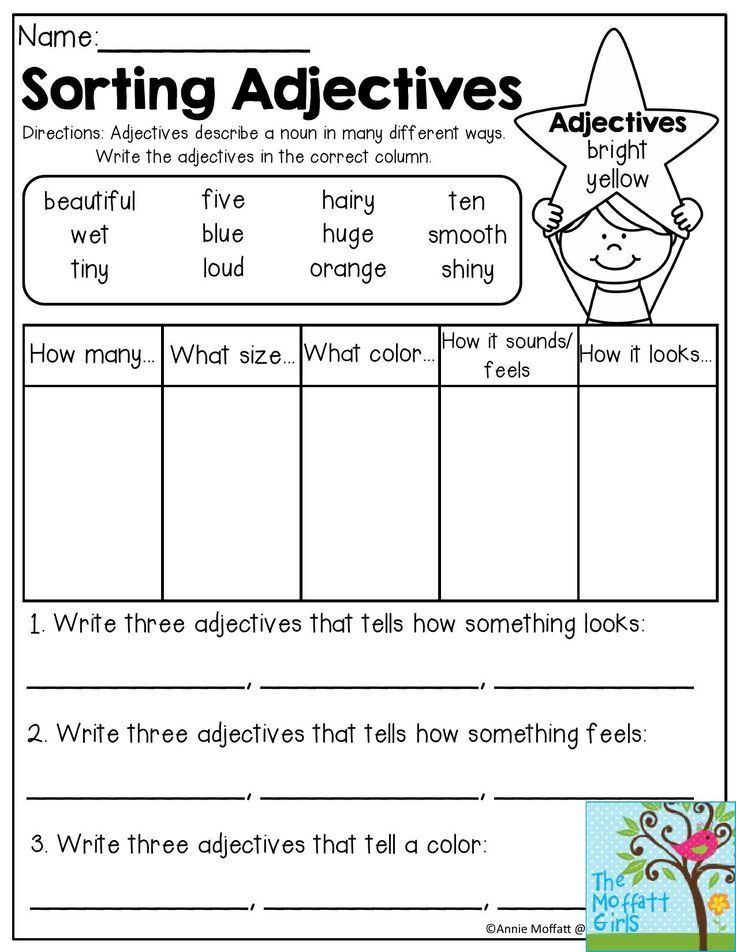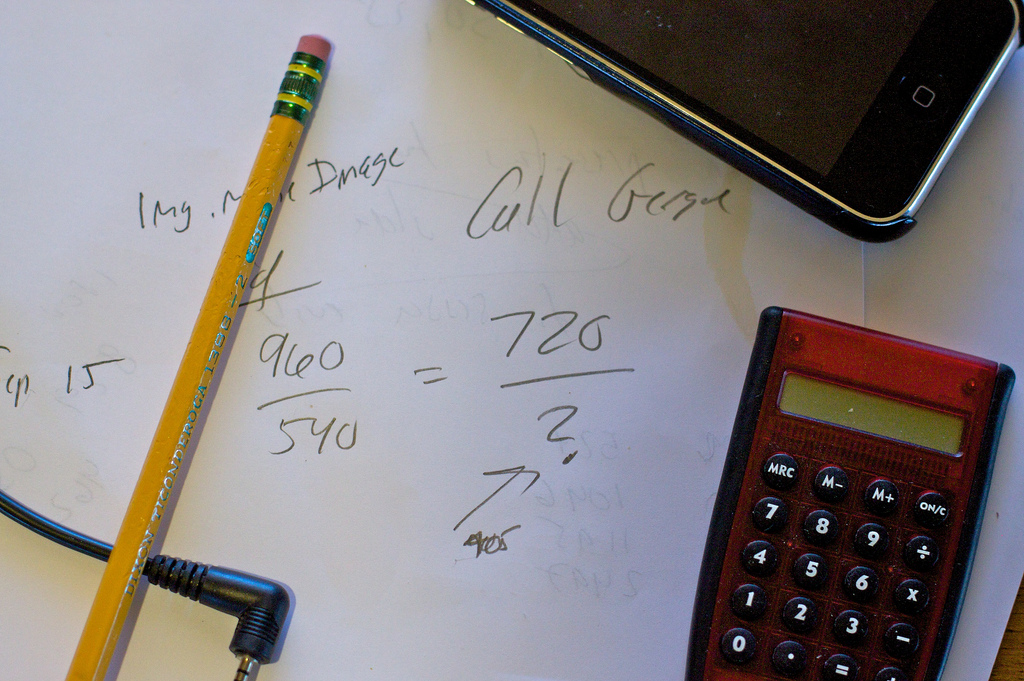Explore and learn
Math & Science Virtual Labs and Simulations
of math & science virtual labs and simulations
Gizmos are interactive math and science virtual labs and simulations for grades 3-12. Over 400 Gizmos aligned to the latest standards help educators bring powerful new STEM learning experiences to the classroom.
Explore the Library
RNA and Protein Synthesis
Most people know that DNA contains our genetic code. But what does that code consist of? How is the DNA code translated into, well, us?
Some of the answers to these questions are demonstrated in the RNA and Protein Synthesis Gizmo. In the Gizmo, students see how the enzyme RNA polymerase splits the DNA strand and uses it as a template to form a strand of mRNA. The mRNA strand moves outside of the nucleus to a ribosome, where complementary units of tRNA bind to the mRNA strand.
Each tRNA unit includes an amino acid, which are attached to a long chain. The amino acid chain folds into a complex shape to become a protein.
We recently updated both the RNA and Protein Synthesis Gizmo and the related Building DNA Gizmo to better show how the enzymes work to split the DNA strand and form new strands of either DNA or mRNA. In the RNA and Protein Synthesis Gizmo we also made improvements to the ribosome, the release factor, and how the amino acids join to form the protein. We hope you enjoy these updates, which should make both Gizmos much more accurate in how they show these processes.
RNA and Protein Synthesis
Most people know that DNA contains our genetic code. But what does that code consist of? How is the DNA code translated into, well, us?
Some of the answers to these questions are demonstra...
Read More
conceptual understanding
Gizmos use an inquiry-based approach to learning that has been validated by extensive research as a highly effective way to build conceptual understanding.
Read the Research
for success
When teachers effectively integrate Gizmos into instruction they can take learning to new levels. Learn how our professional development services help educators be their best.
See Our Programs
Educator Spotlight: Kristen Urquidez and Elizabeth Bell
North Carolina schools find Gizmos work for all students
New science Gizmos: our latest—and how they’re developed
Thankful for ExploreLearning
Resources
Logging in to Gizmos Quick Start Tutorial to Teaching with Gizmos
Visit the Help Center
Inquiry Type (please select one)Technical Issue or QuestionProduct FeedbackPurchasing QuestionGeneral Comment or QuestionBilling Question
What information should I provide?
Please do not change the value of this field.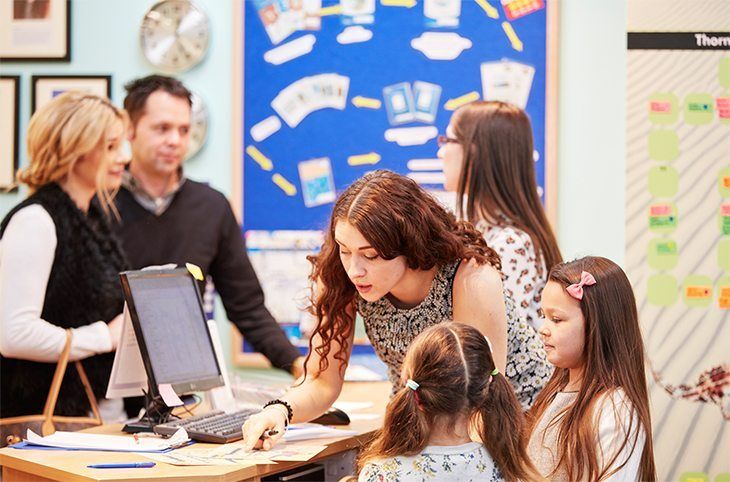 fullmessage
fullmessage
(866)-882-4141
PARENT REVIEWS | Explore & Learn
We love our families!
This letter is in reference to Ashley Gamino and the exceptional childcare/pre-school service she has provided for my children. Ashley has cared for and educated my children for 8+ years. My first child was a toddler when she began caring for her and my second child was an infant; the care she provided for both of my girls went above and beyond. One of my children had severe separation anxiety issues that were both physically and emotionally difficult; I am so grateful for the consistent, patient way Ashley helped my daughter out of this phase. It was comforting to know my daughter was in such compassionate, caring hands. She does a great job addressing the different needs of all children in her care.
Not only were my children cared for in a loving, safe and structured environment, they were growing in a highly academic-rich environment as well. Ashley provided engaging academic experiences and activities. Additionally, she took the children on field trips, and had safety presentations brought to the day-care. Ashley has proven to be highly qualified and knowledgeable in Early Childhood Education; she is the most professional, organized, caring day-care provider I’ve had the pleasure of knowing. I’ve referred multiple families to her because I believe the care she provides is one of a kind.
As a teacher, I get to see and experience the benefits of when children enter Kindergarten with beginning social skills and pre-school experience, first-hand. As a teacher and parent, I am extremely grateful for how Ashley not only cared for my children’s basic needs, but facilitated cognitive growth and development from the time they were infants- preparing them socially and academically for school later.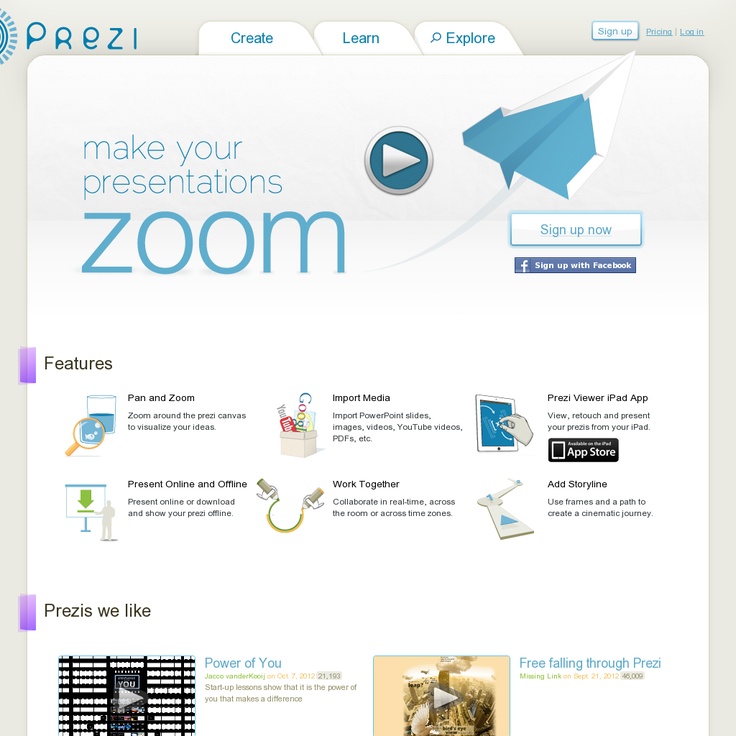
I personally believe that any families/children that have the opportunity to receive care from Ashley are privileged. The home child-care she provided was outstanding, and I am confident that her skills, experience and professionalism will make her successful in future endeavors as well.
We want to inspire, guide, enlighten & motivate!
This letter is in reference to Ashley Gamino and the exceptional childcare/pre-school service she has provided for my children. Ashley has cared for and educated my children for 8+ years. My first child was a toddler when she began caring for her and my second child was an infant; the care she provided for both of my girls went above and beyond. One of my children had severe separation anxiety issues that were both physically and emotionally difficult; I am so grateful for the consistent, patient way Ashley helped my daughter out of this phase. It was comforting to know my daughter was in such compassionate, caring hands.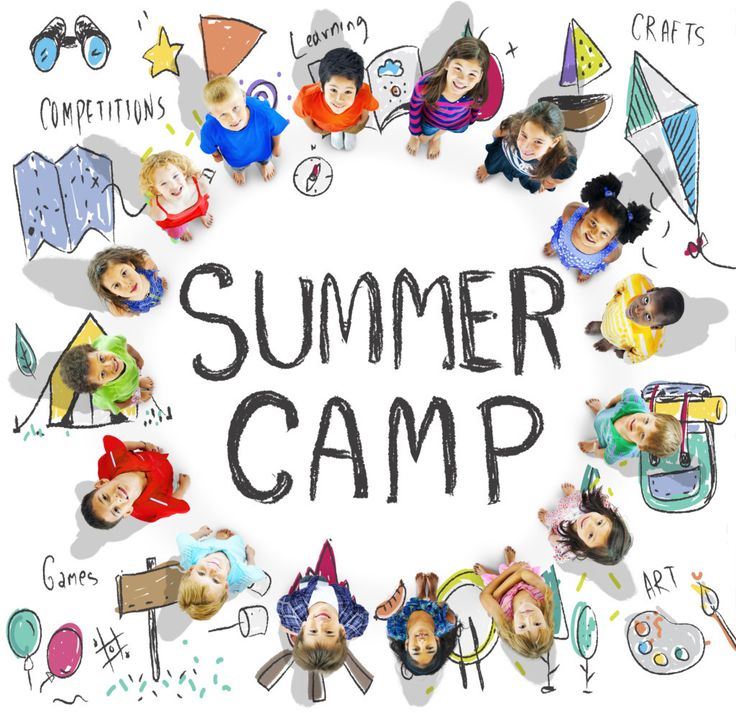 She does a great job addressing the different needs of all children in her care.
She does a great job addressing the different needs of all children in her care.
Not only were my children cared for in a loving, safe and structured environment, they were growing in a highly academic-rich environment as well. Ashley provided engaging academic experiences and activities. Additionally, she took the children on field trips, and had safety presentations brought to the day-care. Ashley has proven to be highly qualified and knowledgeable in Early Childhood Education; she is the most professional, organized, caring day-care provider I’ve had the pleasure of knowing. I’ve referred multiple families to her because I believe the care she provides is one of a kind.
As a teacher, I get to see and experience the benefits of when children enter Kindergarten with beginning social skills and pre-school experience, first-hand. As a teacher and parent, I am extremely grateful for how Ashley not only cared for my children’s basic needs, but facilitated cognitive growth and development from the time they were infants- preparing them socially and academically for school later.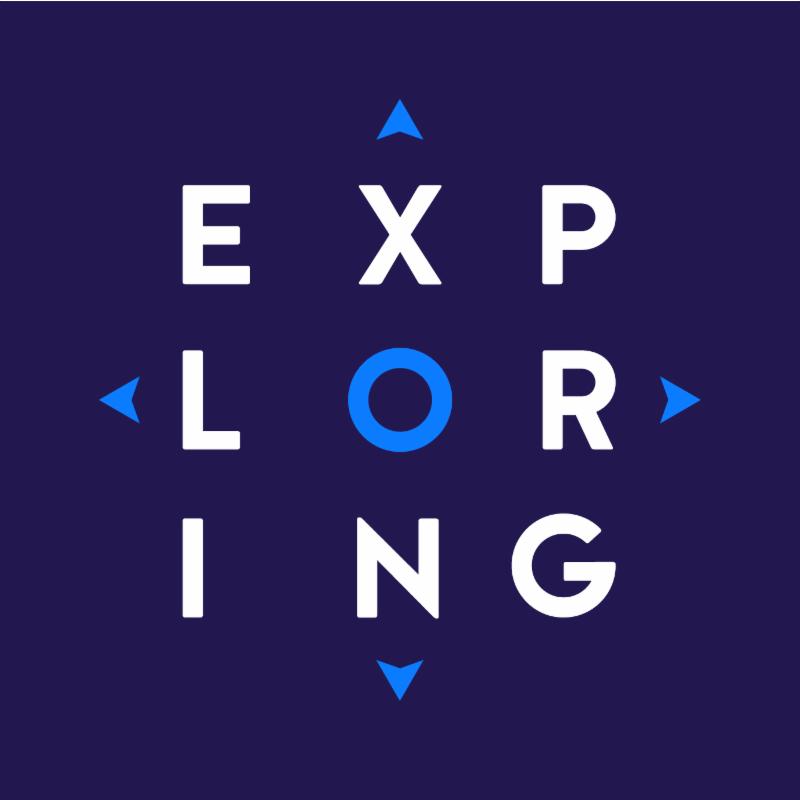
I personally believe that any families/children that have the opportunity to receive care from Ashley are privileged. The home child-care she provided was outstanding, and I am confident that her skills, experience and professionalism will make her successful in future endeavors as well.
Our success comes from the joy of your children!
I can gladly recommend Kim Pack for any and all positions working with children. She has taught our Pre K Sunday School at West Side Church this year and she does a wonderful job making all of the children feel welcome, helping them to work through the lesson and craft aspects of the class as well as supervising their free play times. This class also joins with the 3 year old Sunday school class for music and story time. Kim is a naturally warm and fun person and even children visiting, or new to the classes warm up to her easily. Kim is able to help new volunteers understand what is happening in the classrooms and assign them roles for the morning.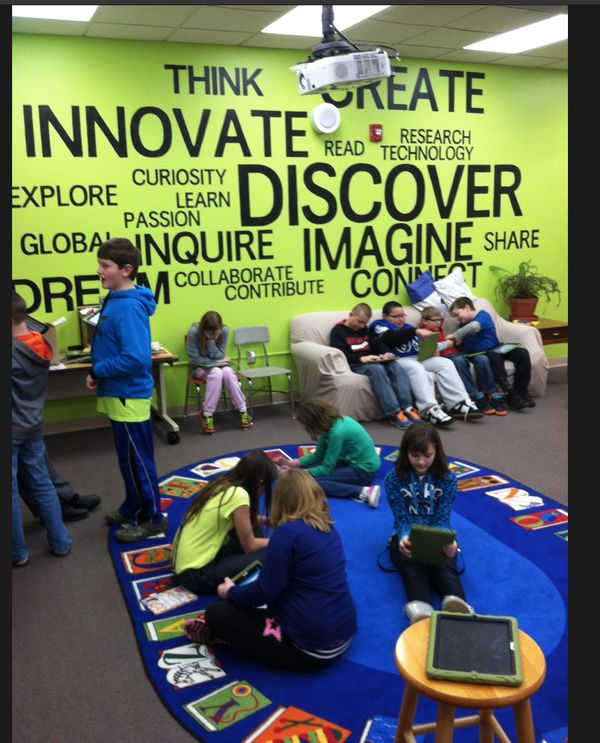 Through her interactions with children and their parents Kim demonstrates a clear understanding of the children’s developmental capabilities and needs and is able to care for not only the children, but any fears young parents might have in leaving their children in a new environment.
Through her interactions with children and their parents Kim demonstrates a clear understanding of the children’s developmental capabilities and needs and is able to care for not only the children, but any fears young parents might have in leaving their children in a new environment.
Kim’s education in early childhood development, as well as her experience in professional, volunteer and parenting capacities well suits her to owning and operating a high quality childcare center. She will be able to relate to both the parents and children in encouraging, enriching and educational ways, manage and train staff, and meet operational and business requirements. I highly recommend Kim as an owner and operator of a childcare center.
How pros learn. Research Notes - Education on vc.ru
We study how people actually learn. We do this for a reason, but to develop our design task, but in the article we will not talk about us, but about our students.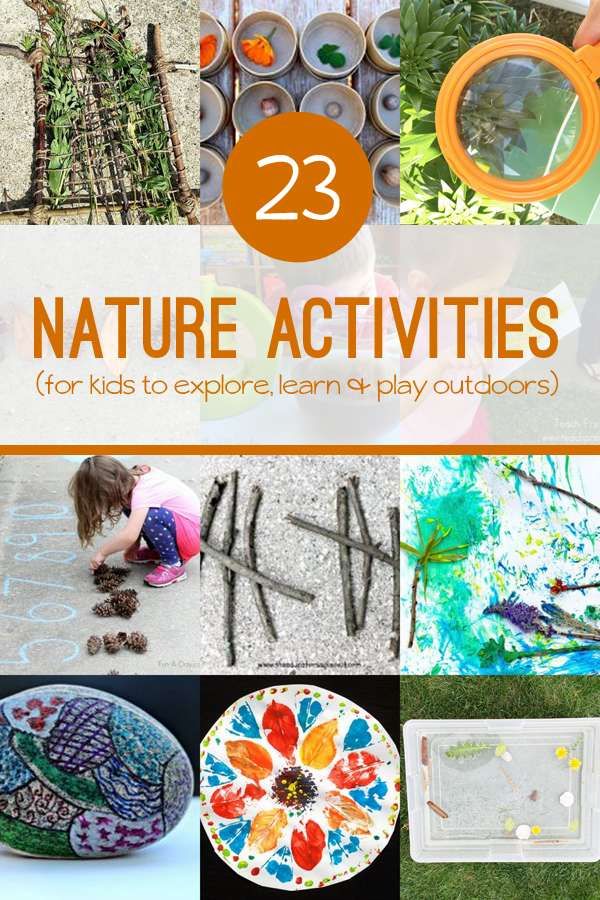
2166 views
The article includes generalized conclusions from 25 in-depth interviews. Who are all these people? Two-thirds of the respondents are IT specialists (designers, engineers, testers, managers) of corporations and well-known companies. Another third is a hodgepodge: specialists from related fields, freelancers, employees of European companies and small Russian studios.
Almost all respondents are accomplished professionals who want to either deepen their knowledge in design or learn a related profession. There are also a couple of newcomers who are just starting their career path.
Important note: these are people motivated for professional development. Others have simply not yet reached us due to the fact that we did not give any mass advertising.
This is unscientific!
Oh, yes. But practical - for us. And, perhaps, it is interesting to you even in such a generalized form. In particular, we will not show the specifics of training in a particular corporation and raw data in order to preserve the anonymity of the respondents.
Three strategies for self-education
1. According to a clear plan
The most systematic approach. Lists and tables: what courses to take, what books to read, what lectures and webinars to listen to.
“I have a board where I collect courses that I have completed, taken and not completed, and those that I plan to take. From 3 to 24 master classes/workshops/seminars/courses are obtained per year.”
We were pleasantly surprised that 11 out of 25 people could boast of a prescribed action plan. Even with the adjustment for the sample, there were surprisingly many of these educational monsters.
“I keep a Trello board with training cards, I collect them by topic. It is very confused, when there is inspiration, I do it. There is a home office, where I create a sheet for education, which I need to pass in the near future. There is also a huge list of articles.
An interesting remark: “when there is inspiration”. We dare to suggest that for such a strategy, the very process of self-education must be very inspiring.
We dare to suggest that for such a strategy, the very process of self-education must be very inspiring.
2. Information field
Subscribe to blogs, articles, telegram channels, mailing lists. Little by little, consume information and learn, as it were, in between times.
“I set up an information field for myself, subscribed to blogs, and from them to other blogs, and in a year something basic was formed. That's where I got my information from."
Five respondents chose this method as the main one. In the above quote, catchy "per year". Perhaps this strategy is well suited to “drive in” a new topic, and a year is required for a slow dive.
3. On request
Completing missing information “on the fly” when a work task appears. I found out - and immediately into battle.
“We have a task to do UX research – I go and read about what we have about UX. I am learning to do everything on the go.
Only four people chose this method as the main one.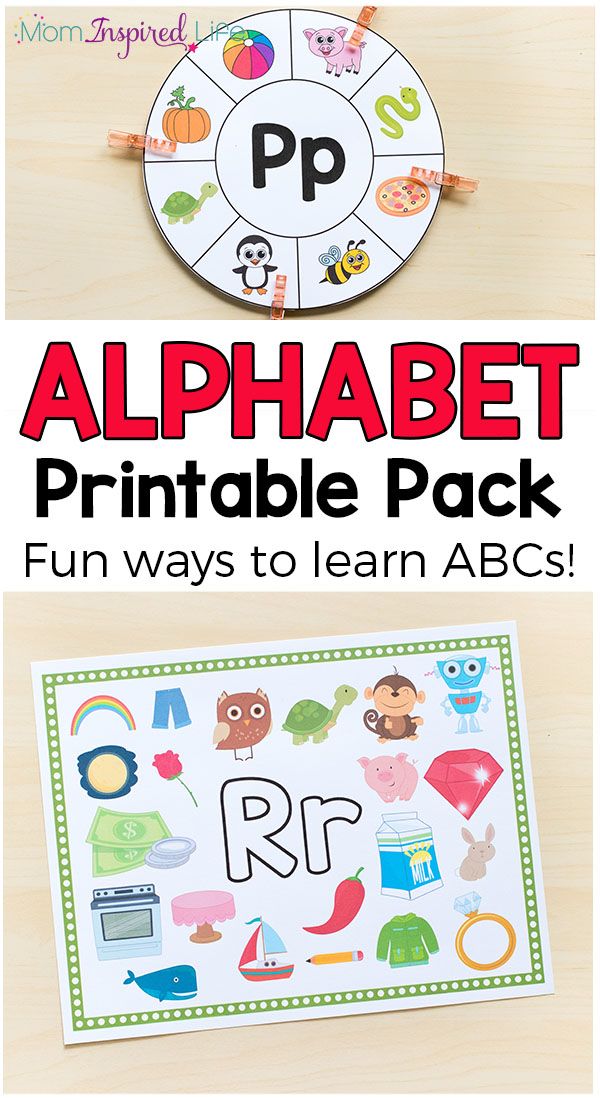 The approach is certainly controversial. Now someone is shouting that this is not education at all. How to know, how to know. The ability to read / look at and immediately try in practice seems to us a very useful skill in our fickle world.
The approach is certainly controversial. Now someone is shouting that this is not education at all. How to know, how to know. The ability to read / look at and immediately try in practice seems to us a very useful skill in our fickle world.
“For example, recently I had to make pictures - I watched a couple of videos on YouTube, and more or less it turned out. I definitely don’t have any clear plans for training, only when a specific need arises. ”
Strategies are rarely seen in pure form. 20 respondents were able to identify the main strategy, five more were not, they use mixed approaches to professional development.
Importance of community
Environment and "hanging out" can be as important as formal education.
“I feel a bit isolated [...] there are only four of us. Of course, we are discussing the tasks inside, but it seems to me that it is not enough, I would like even more.”
Partly this is a search for like-minded people.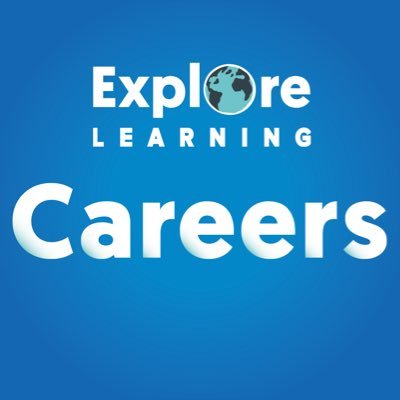
“I try to join existing professional communities. The community is where people who want change come together.”
In part, it is a way to gain professional confidence, including through broadcasting your experience.
“And this is how I suppress the fear of communication and the impostor syndrome [...] I am convinced that my experience is valuable, of high quality and other people can benefit from it.”
But there is also a purely practical benefit.
“First of all, the professional party is important for me because people talk about methods that DO NOT work (if the community is healthy), and there is an opportunity not to waste time and effort on something that does not work.”
From courses to self-education
Almost all respondents had experience of studying at "long" courses. It seems that this is the standard path for a beginner who is just learning a profession and choosing courses in order to put everything on the shelves and not drown in a huge stream of available information.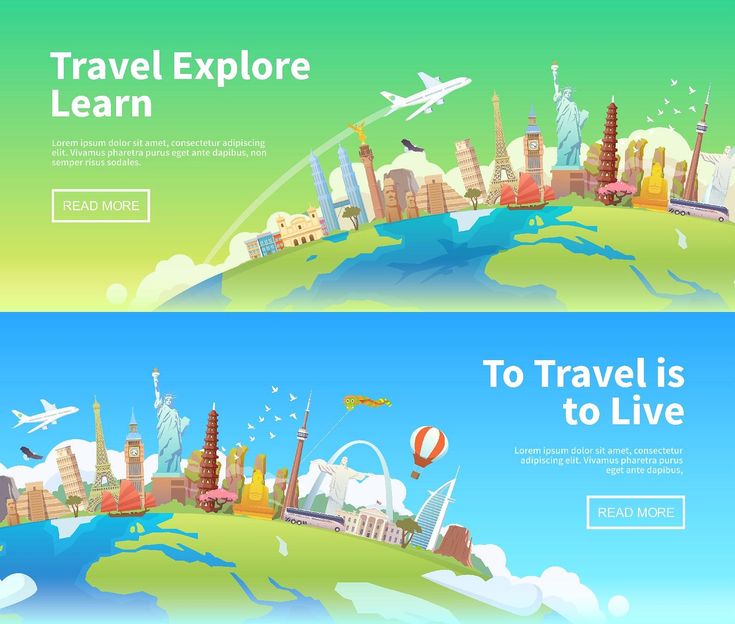
“When I completed these two courses, I had a process in my head about what I should do as a designer. I could actually sit down and start doing puzzles.”
Interestingly, even though they had a positive experience, the respondents were unable to recommend any specific courses.
“I would advise you to take the most common courses. They are plus or minus the same. I would recommend the most basic course."
As one grows professionally, learning becomes more independent. Courses with curators and for money - only for new topics or in the case when there is confidence in the quality of the material.
Krutan training can be described as "I formally improve my qualifications very rarely, but I am constantly learning."
Teaching also becomes training for them: to refresh, update knowledge for conducting classes.
Offline, conferences and meetups
Offline courses and other events (except conferences) are perceived solely as a tool for self-discipline.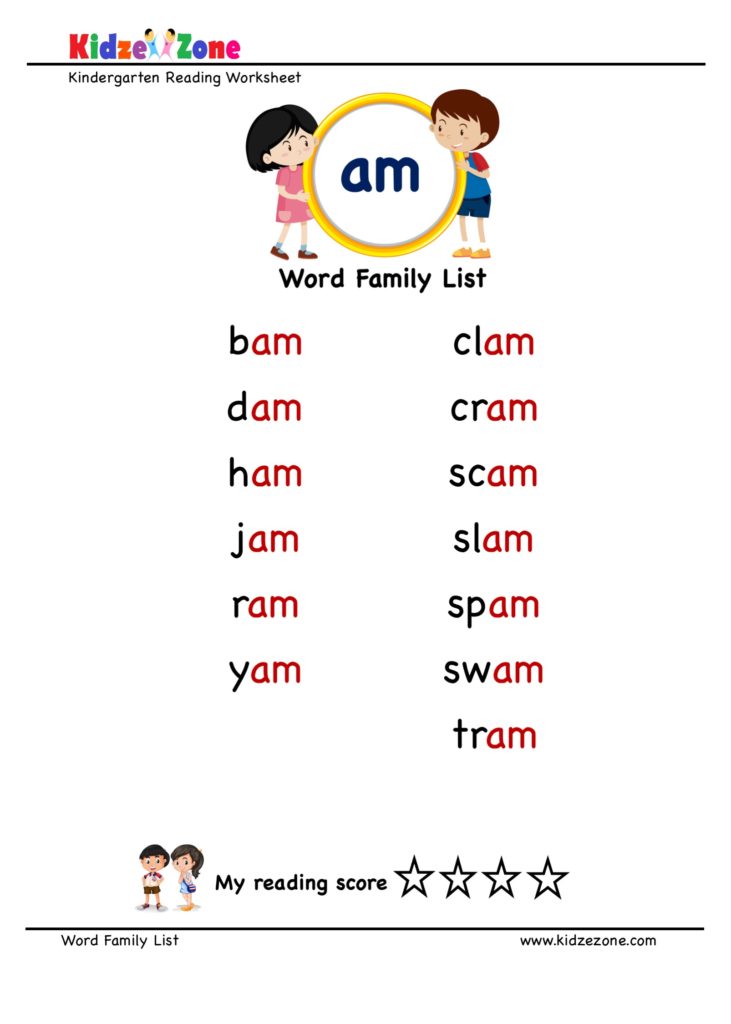
"There you just come and do it, there's no way to sneak away."
Offline is also easier to ask questions and focus on a topic.
"Physical presence helps to be here and now, which means it's easier to concentrate."
Several respondents listed attending conferences as an educational activity, these were the people who prefer to create an information field for themselves. For the majority, conferences are networking and a way to “show yourself off”.
“I don't consider conferences to be self-education. I went to about five conferences, and very different levels of people crawl there, they are not balanced in terms of maturity and experience. And they begin to share things that for some have not been relevant for a long time, but for others - a fresh discovery.
Complain not only about the audience, but also about the quality of materials.
“I have a big complaint about lecturers [...] They can call their work research, but in the end you listen to 30 minutes of PR and one dead case. Little useful information. Even if there is something good, then it is more convenient to watch what you are interested in on YouTube later.
Little useful information. Even if there is something good, then it is more convenient to watch what you are interested in on YouTube later.
Meetups, on the other hand, have a good reputation among accomplished specialists. They are small, usually devoted to a specific topic, and the people on them are not random.
“Meetups are small, organized for one or two problems, one or two reports. And there it is enough just to make a clear theme and one level. It was a very mind-expanding experience and very interesting.”
Education should be useful
Established specialists are very pragmatic. They evaluate educational activity in terms of usefulness in work, whether knowledge can be applied. This is an important criterion both for choosing a course and for assessing how good the course was.
“There is no point in learning for the sake of learning, you need to immediately look for where to apply it.”
There are no illusions.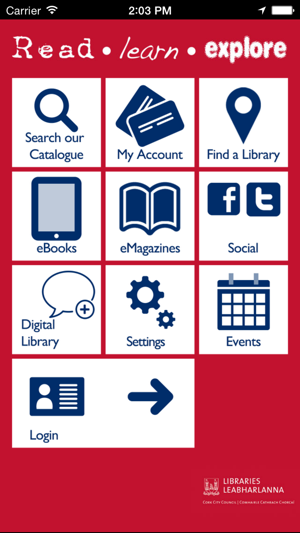 Benefits are sought literally bit by bit.
Benefits are sought literally bit by bit.
“I really appreciate it when at least a grain of knowledge from the courses can be applied in my work.”
When it turns out, they rejoice.
“The main motivation in my studies is to do what is really applicable to my tasks.”
The driver for learning is interest, and the applicability of knowledge is a chance to receive a reward.
“I study something for myself, but sometimes there is a chance to apply it in my work – it is very motivating!”
The formula “interest + benefit” has been mentioned many times.
“I'm just curious on my own. I also think that my profile may become outdated, and I try to capture adjacent areas in order to be able to go into them.
Colleagues not studying?
Almost all of our respondents believe that they learn more than their colleagues.
“In particular, my colleagues, it seems to me, do not pass anything.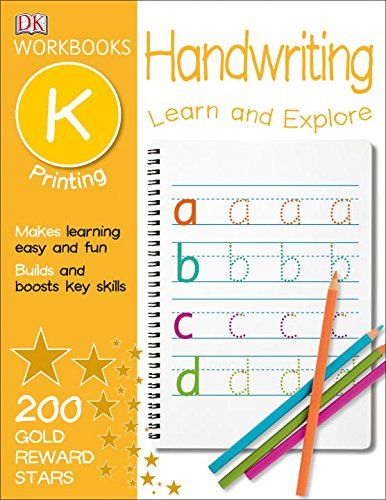 I can honestly say that I am the craziest in the department: I carry books, courses.
I can honestly say that I am the craziest in the department: I carry books, courses.
This is sad, given the educational opportunities of employees of large companies.
“Colleagues don’t really want to learn, “we work, so we’ve already learned, we don’t need it.”
We would like to believe that the respondents are wrong and their colleagues somehow improve their professional skills through work tasks and the creation of an information field.
Instead of terminals
For us, each stage of research is not so much getting answers as it is the emergence of new questions. But some conclusions can be drawn. There is a difference between the portraits of a novice specialist and an established pro.
A beginner drowns in information flows, takes “long” courses and turns to mentors to systematize knowledge. A common motivation is getting a job: enter IT or grow in position and salary.
Another portrait of a pro.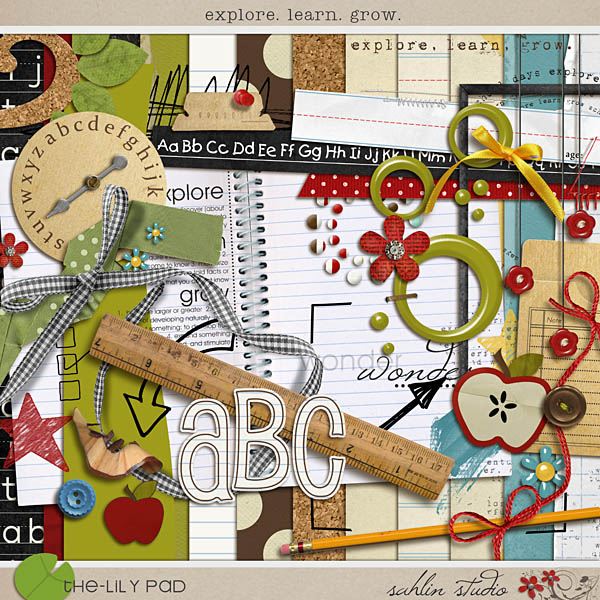 These people are point-blank. Their driving force is interest and curiosity, they learn “for themselves”. If courses, then choose carefully. They get high when they can use newly acquired knowledge and skills in practice.
These people are point-blank. Their driving force is interest and curiosity, they learn “for themselves”. If courses, then choose carefully. They get high when they can use newly acquired knowledge and skills in practice.
It is interesting that the words “education” and “training” are used by the respondents in a broader sense than the academic community, teachers and methodologists. The concept of education is changing. We manage to catch, comprehend and fix some changes in the telegram channel, and this is just the tip of the iceberg.
How to "Learn to Learn" - Tips, Tricks, and Research / Sudo Null IT News Most of the recommendations for those who want to study better look rather banal: in addition to attending lectures and doing homework, it is important to eat right, lead a healthy lifestyle, get enough sleep, and monitor the daily routine.
All this is certainly good, but how exactly can these common truths help a student? How to organize the daily routine so that you can do more and better remember the material? Is there a real connection between feeling thirsty and cognitive abilities? Is it true that sport helps in studies (and it's not just about additional points for the Unified State Examination for the TRP badge)?
Let's try to deal with everything below.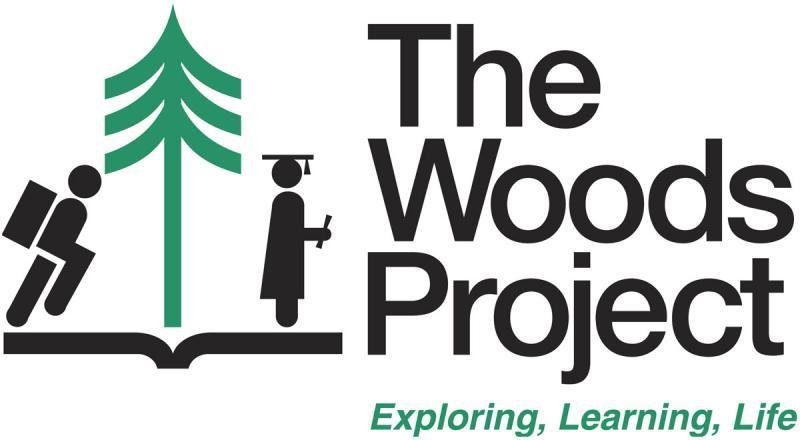
Timing: how to manage your time
During the day
In his new book When: The Scientific Secrets of Perfect Timing, writer Daniel Pink provides a wealth of advice on time management from a biological, psychological, and even economic point of view. Among them, there are several very specific recommendations that can help in your studies. In particular, Pink advises taking into account circadian rhythms when planning the load.
Circadian rhythms not only affect our sleep, but also our mood and concentration, which cycle through the day. On average, seven hours after waking up, concentration and mood reach their lowest point, after which they begin to increase again (which is why many life coaches advise not to postpone important tasks and start them in the first hours after waking up). It is with our circadian rhythms, in particular, that the fact that the likelihood of errors at work (for example, in medical institutions) increases in the period from 14 to 16 is associated.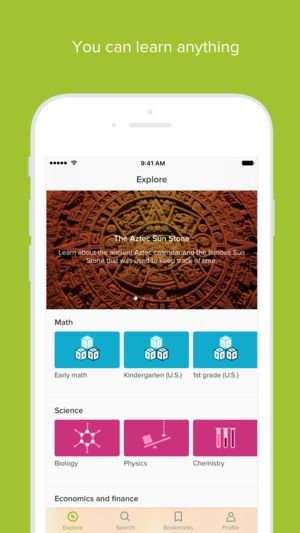
Of course, students do not have to get up early every day at the same time, but understanding their chronotype and circadian rhythms can be used to the benefit of their studies. For example, the most difficult tasks (like preparing for exams or a seminar) should be planned for the first two or three hours after waking up - realizing that in the following hours the concentration will inevitably decrease (we will talk about what to do with this “unproductive” time below) .
Before deadline
Of course, the most acute shortage of time is felt on the eve of exams. By the way, “pull to the last” is not just a habit of negligent students, in fact, this behavior is typical for most of us. One example that Pink cites in his book is a study by scientists at the University of California, Los Angeles, who showed that most of the groups of subjects during experiments do nothing (or almost nothing) for at least the first half of the time before the deadline, and only then get to work.
To avoid the “burning train” effect, scientists advise setting intermediate goals and using the “chain movement” technique: every day during which you spent time preparing for the exam (doing a laboratory, writing a term paper), mark with some symbol . A chain of such symbols in the calendar will become an additional motivator to not quit what you started and reach the deadline without “gaps” and emergency work. Of course, the calendar will not sit you down for notes and will not turn off social networks, but it will serve as an "irritant" and a reminder - sometimes this can be very useful.
Need more water
Another fairly common advice is to not overdo caffeine while still drinking enough water. This recommendation has a well-founded scientific confirmation - research in this area has been going on for a long time. So, for example, in the course of one of the experiments (a scientific publication based on its results was published back in 1988), it was shown that even slight dehydration (1-2%) can cause a drop in cognitive abilities.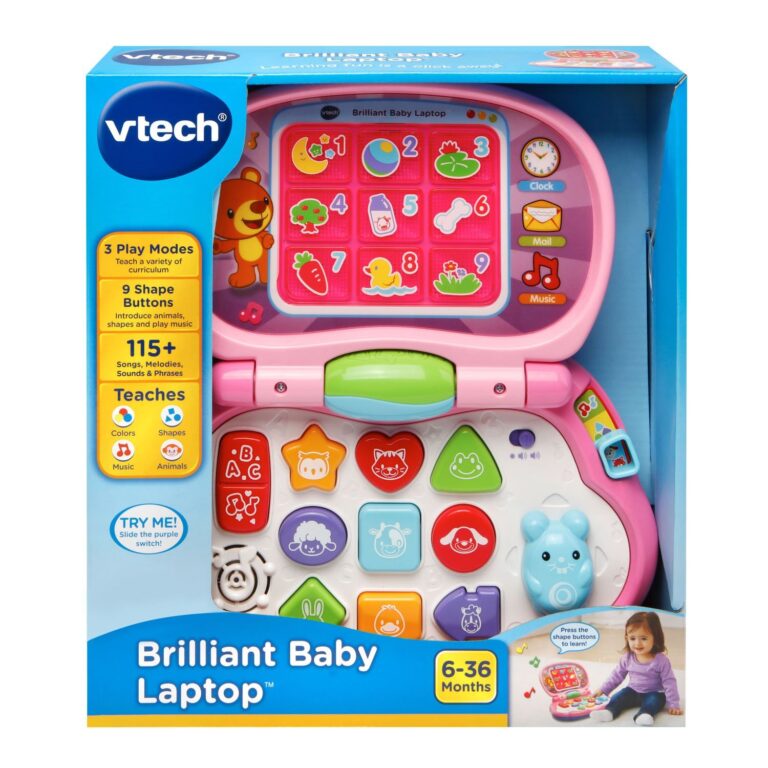 The study, in particular, noted the deterioration of short-term memory and the ability to solve arithmetic problems.
The study, in particular, noted the deterioration of short-term memory and the ability to solve arithmetic problems.
And the authors of a later publication in the European Journal of Clinical Nutrition state that "dehydration is a prerequisite for cognitive decline." Therefore, in order not to lose focus while studying, monitor your well-being and do not tolerate thirst - especially if you are actively training in addition to classes.
Photo by ITMO University
Learning in sleep
Another tip from the realm of the obvious - that a healthy and long sleep has a positive effect on our mental abilities - is known to everyone. American researchers went further - and during the experiments they revealed another important feature related to how the brain works during sleep.
They showed that subjects remember pairs of unrelated words better if they memorized them not in the morning, but before going to bed. In this regard, scientists conclude that sleep stabilizes our memories and allows us to consolidate them - another argument against a sleepless night before an exam.
In this regard, scientists conclude that sleep stabilizes our memories and allows us to consolidate them - another argument against a sleepless night before an exam.
Brain exercises
At first glance, the connection between sports and good academic performance is not obvious - in modern culture, the "typical A student" and physical activity are rather antonyms (remember how Sheldon played basketball). In fact, exercise is one of the factors that improve cognitive abilities, which is also confirmed by a number of scientific papers.
For example, one of the studies on this issue confirms the link between exercise and improved memory. The researchers analyzed the performance of 120 people and noted the relationship between regular aerobic exercise, an increase in the size of the hippocampus and (as a result) improved spatial memory of the subjects.
Another benefit of exercise is that it helps in dealing with stress. The American Psychological Association, for example, notes that one of the advantages of regular exercise is the strengthening of the relationship between the physiological systems (muscular, cardiovascular, nervous system) that are excited in an emergency. During training, the body “works out” a standard reaction to stress, as a result, “in combat conditions”, we are able to control ourselves better, since during training the body has already “learned” to work with such conditions.
During training, the body “works out” a standard reaction to stress, as a result, “in combat conditions”, we are able to control ourselves better, since during training the body has already “learned” to work with such conditions.
In 2012, Brain Research published a meta-analysis of evidence on the relationship between exercise and brain function. The result, however, was not particularly impressive - based on the analysis of 79 scientific materials, scientists noted that the relationship between the two phenomena (physical activity and improved cognitive abilities) does exist, but is rather weak. True, scientists do not deny that a more significant effect is possible and depends on what kind of results of cognitive activity the researcher fixes during the experiment.
Weightlifting or CrossFit may not be the best way to get started in the world of sports: if your goal is to improve your health and improve brain function, even moderate physical activity will do. For example, the World Health Organization recommends about 150 minutes of moderate-intensity physical activity per week - enough to help the brain, start to improve health and at the same time not abandon your studies.
TL;DR
- Plan intense mental work for the first half of the day (regardless of when this “half” starts for you). During the first two to three hours after waking up, you will be as focused and motivated as possible to solve complex problems.
- Keep in mind that after about seven hours from the moment you wake up, your motivation and concentration will reach their lowest point - at this time it is better to break away from studies and go for a walk or run to “unload the brain” a little. After you restore strength in this way, it will be easier to continue classes.
- In general, do not neglect sports. Sports alone won't improve your grades, of course, but they can make your studies more effective - it will make it easier for you to deal with stress during exams and remember information in lectures. To do this, it is not necessary to spend long hours in the gym or sign up for a kung fu section - even 150 minutes of aerobic exercise per week will be a good addition to your studies and improve your overall well-being.
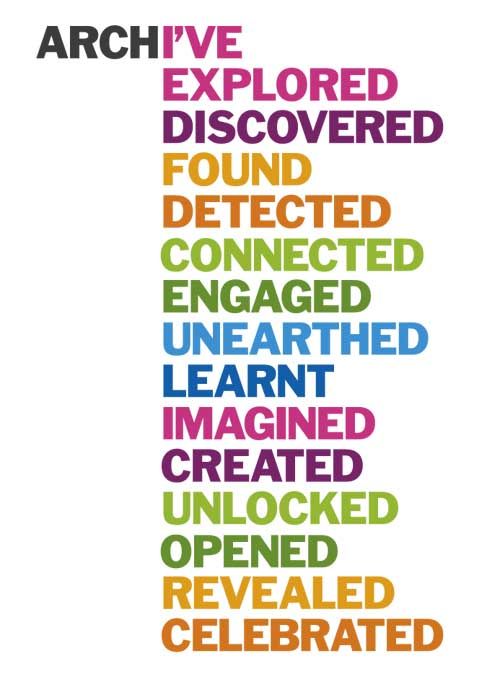
- Remember that even slight dehydration reduces cognitive abilities, so try to pay attention to your feelings - do not ignore thirst. Especially if you do sports during the day.
- In spite of the fact that it is better to plan the most intensive mental loads for the first hours after waking up, it is quite possible to postpone memorization of information until the evening. If this is problematic - for example, you need to learn a lot of tickets for an exam - use the time before bed to review what you have learned. This will make it much easier for you to remember the information the next day.
- If you put off studying until the last minute, remember that you are not alone. To “deceive the brain”, try setting yourself intermediate mini-deadlines (for example, “find articles on the topic of the term paper”, “write a literature review”, “think over the structure of the study”). Starting now, mark each day until the deadline that you have progressed towards the task.

Learn more



